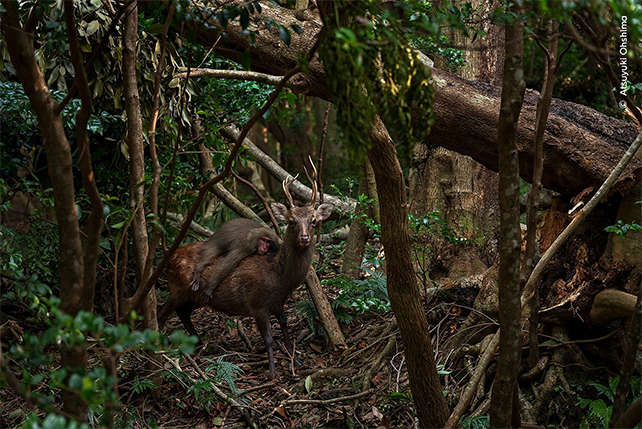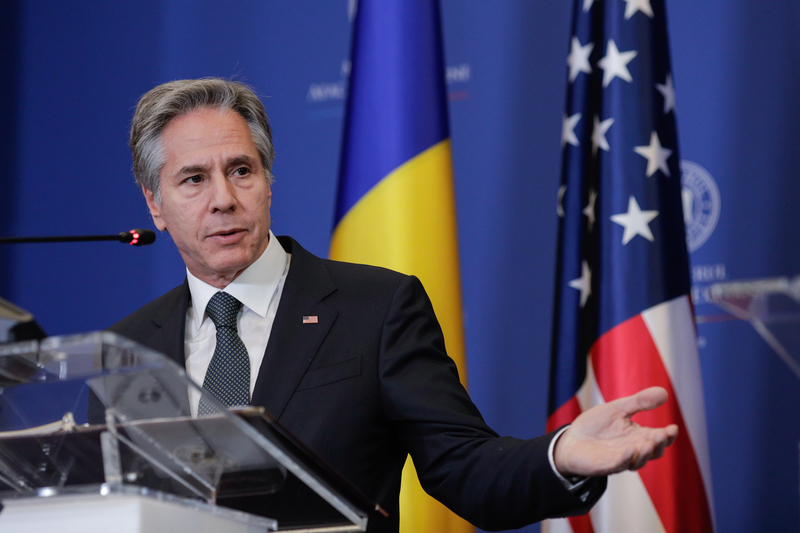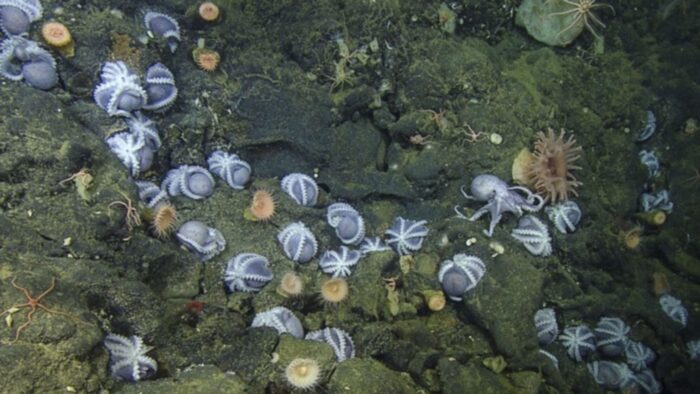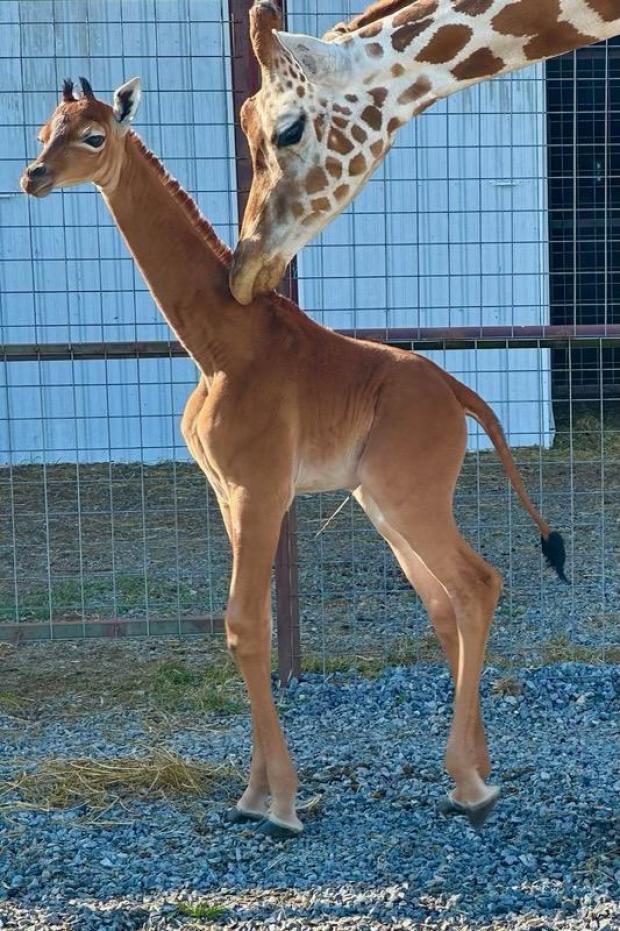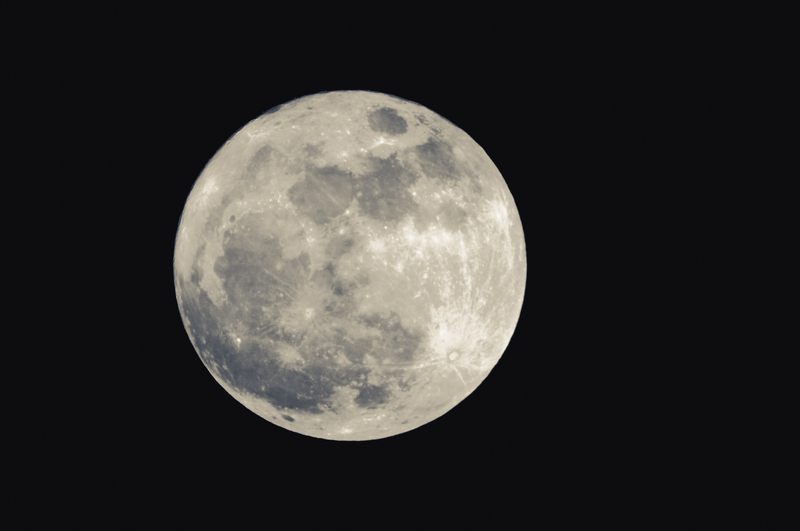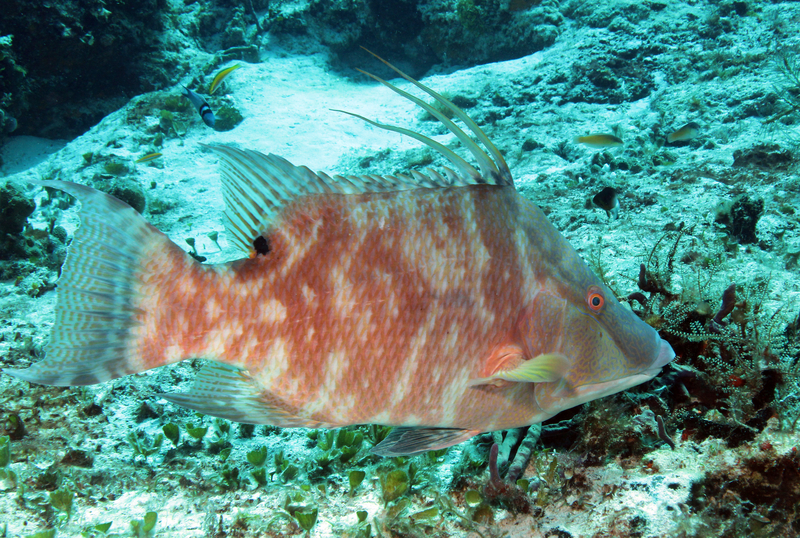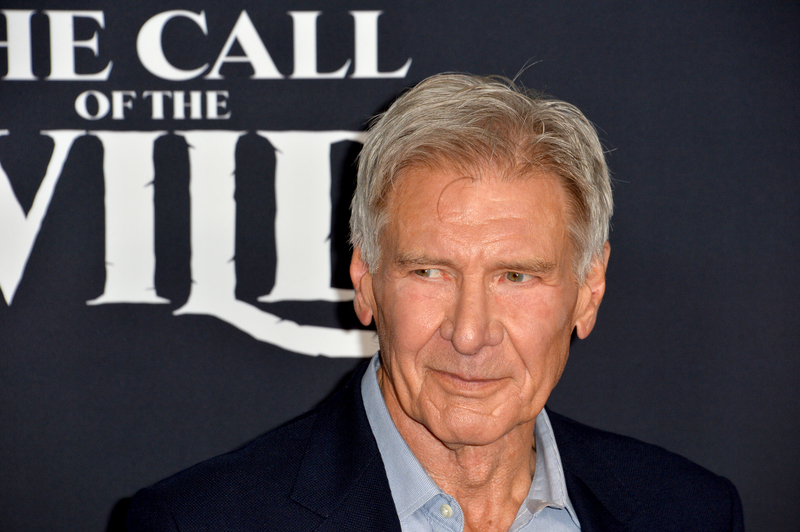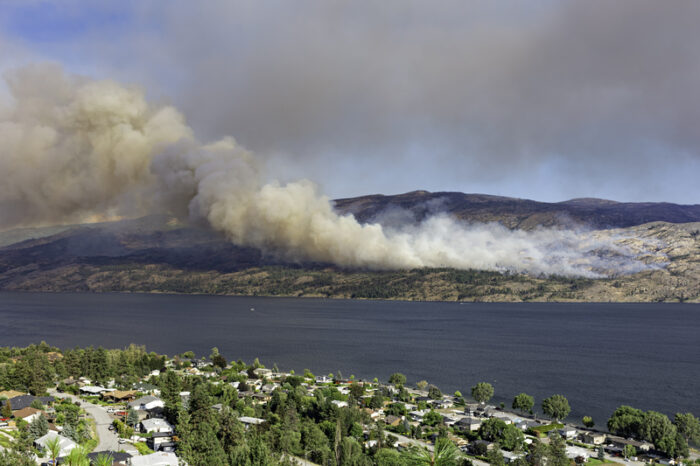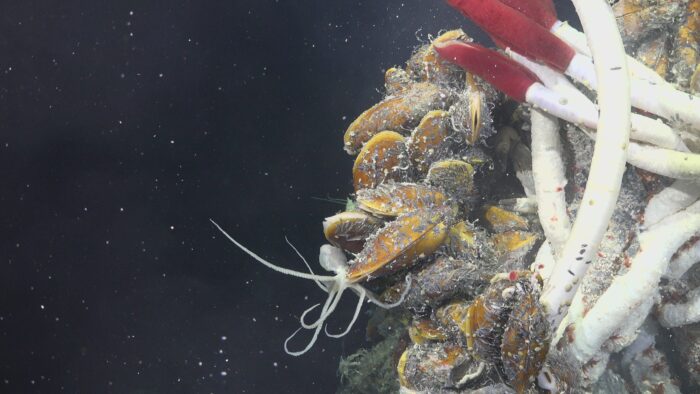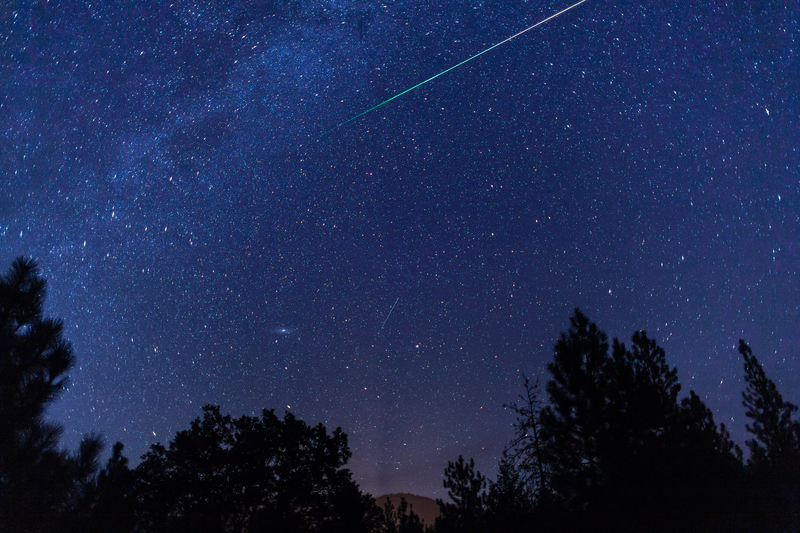In Australia, the wildfires that come with late spring/early summer are just a fact of life. Known there as bushfires (the term 'bush' is common slang for wild forest), these blazes are a part of living in a country that is both hot and dry.
But as in other parts of the world such as California, the line between usual and unusual is blurring. Already 2019 is behind only 1984 and 1974 in total area of forest burned as the worst years in recent history. And more and more experts are saying that even if those records aren't broken, several factors make this year's fires very unusual.
Record lows in rainfall
Firefighters working around the clock to fight bushfires outside of Sydney, one of Australia's largest cities. (Getty Embed)
As we mentioned, Australia is a pretty dry country. But there's dry and then there's dry. Especially in eastern Australia, there has been far below average rainfall, and even record lows in some places. But the real issue is how the country's overall climate appears to be shifting.
Now many other factors are combining at the same time to create conditions that are highly dangerous. In other words, it's not just low rainfall that Australia is dealing with. It's low rainfall plus low humidity plus high winds plus high heat that are all working together. These factors mean that once a fire begins it is likely to a) find plenty of ultra-dry forest (or fuel) to burn through and b) will be pushed quickly across the ground by wind.
Koalas losing habitat
Many koala habitats are protected, but that can't stop fires from burning through the trees. (Getty Embed)
Australia has the third-lowest population density of any country in the world. That means it is a huge country with not a lot of people. So while homes have been lost, thankfully fewer people have been put in direct danger than has been the case with fires in the United States recently.
But the country also boasts some of the world's most unique wildlife. And many of them are in trouble. This is especially true of the koala.
These slow-moving tree-dwelling marsupials are almost attached at the hip to a eucalyptus tree — their home and primary food source. They sleep in trees and eat their leaves. But these bushfires have been ripping through eucalyptus to the point that experts estimate that around 80% of the koala's habitat has been destroyed. People are calling for the Australian government to step in and do more to protect the koala. In particular, the Fort Macquarie Koala Hospital has set up a GoFundMe page that has already raised over $1.6 million (AUS)!
Is climate change a cause?
Gestures like this one are wonderful, but as in other parts of the world, experts from scientists to firefighters are raising alarms that unless the problem is addressed, fires this extreme may not be so unusual for long. And do we address them? That answer is complicated.
On one hand, from forest management to high-tech drone scanning that makes it easier to locate small fires before they get out of control, we can always improve how we fight these fires. But even more important is tackling the climate change that is making Australia hotter and drier than usual.
Because even the best-equipped, best-trained firefighters in the world can't do anything about the climate conditions that are making it so easy for these fires to start in the first place.
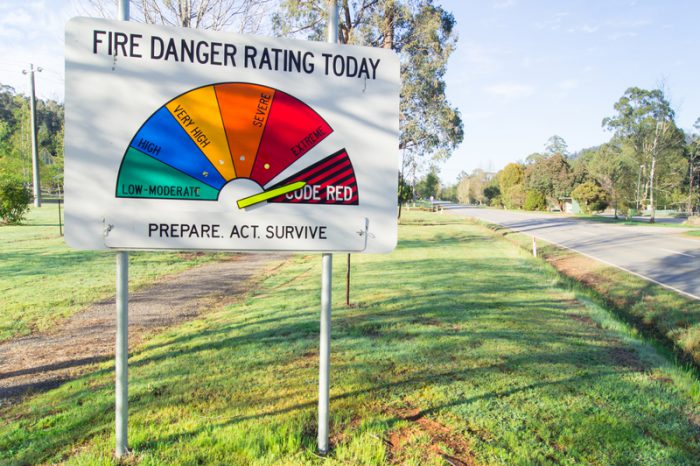 Much of Australia is dealing with powerful bushfires. (© Nils Versemann - Dreamstime.com)
Much of Australia is dealing with powerful bushfires. (© Nils Versemann - Dreamstime.com)
